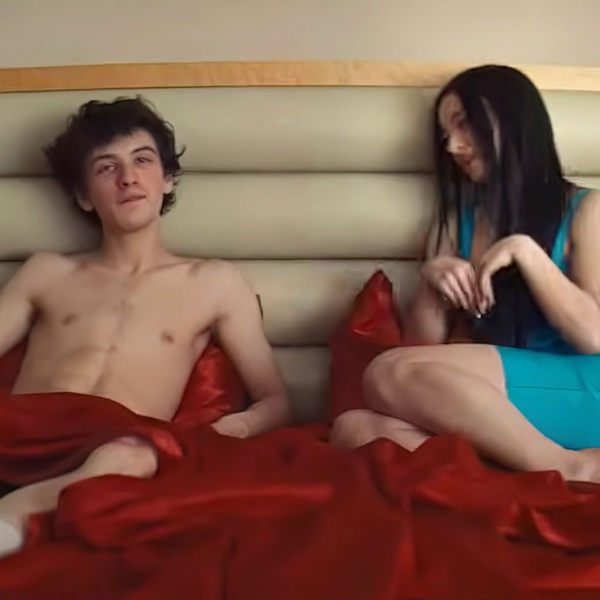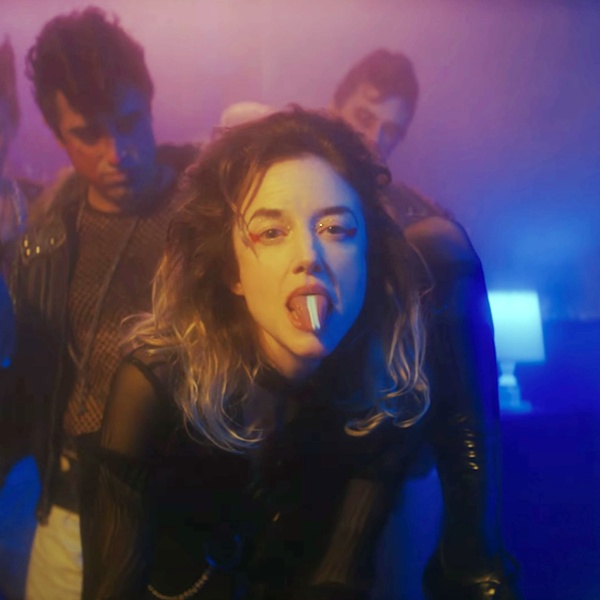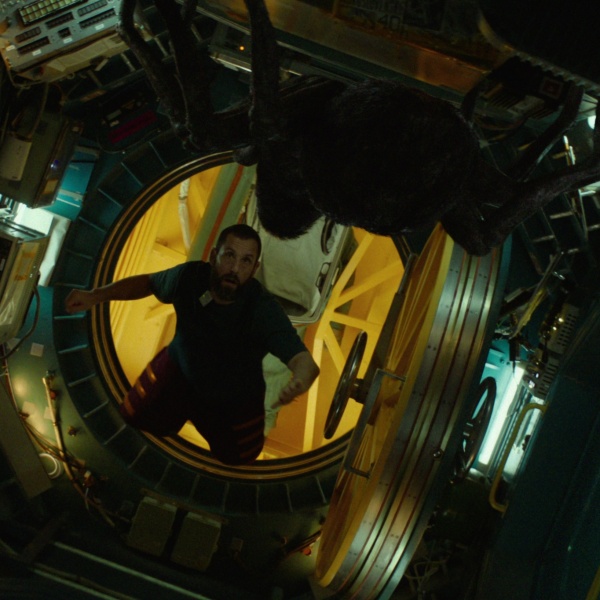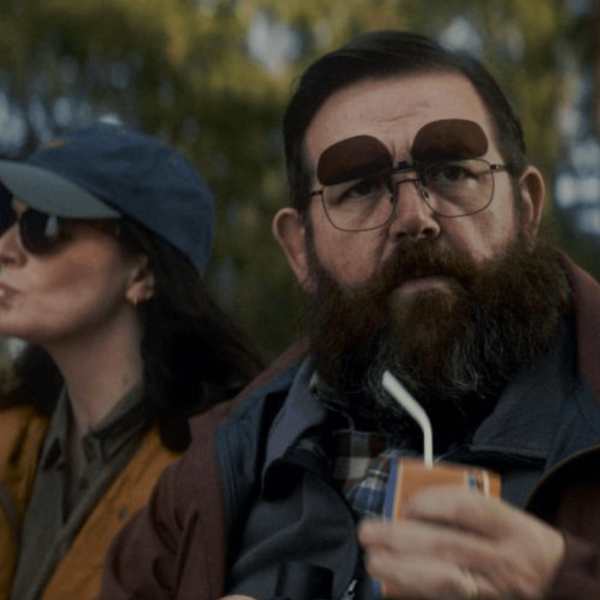‘Drive’ Star Also Passed On ‘Big,’ ‘Dead Poets Society’ And ‘Pretty Woman’

Of the many things that have made a comeback in 2011 — Wilson Phillips, high-waisted pants, the street protest — perhaps the happiest is the resurgence of Albert Brooks. Mostly absent from screens in the past decade, bar a vocal turn in Pixar‘s masterpiece “Finding Nemo,” and his directorial flop “Looking For Comedy In The Muslim World,” Brooks returned with an acclaimed book, “2030: The Real Story of What Happened to America,” took to Twitter and instantly became the funniest thing on it, and played, against type, mobster Bernie Rose in Nicolas Winding Refn‘s “Drive,” a performance that looks likely to take him to the Oscars.
There’s more on the way, including a turn as Paul Rudd‘s father in Judd Apatow‘s “This is Forty,” but in the meantime Brooks has been talking to Collider, and reflecting on some of the parts he’s turned down over the years. The polymath tells the site that he’s planning on spending the next few years acting, as making his own movies has forced him to pass on projects over years, and the actor mentions the likes of “Dead Poets Society,” “Big” and “Pretty Woman,” roles eventually taken by Robin Williams, Tom Hanks and Richard Gere.
It’s intriguing to think of how those projects might have turned out with Brooks in the lead, but the most interesting bit of information is that he was offered the part of sleazeball porn producer Jack Horner in Paul Thomas Anderson‘s breakout “Boogie Nights,” which was eventually taken by Burt Reynolds. Brooks relates “One part that I actually wanted to play, and I was in pre-production of my own movie, just because I thought I wanted to work with Paul [Thomas Anderson] was the part that Burt Reynolds got in ‘Boogie Nights.’ I liked that whole ensemble. When I read that script, I really liked it.”
Considering that the film Brooks was prepping must have been “Mother,” one of his lesser efforts, it must have stung a little, but Brooks isn’t hung up on it. “I couldn’t shut down what I was doing. But, regrets are stupid; they don’t mean anything and they don’t add up to anything.” And he should take comfort in not being the only person to turn the film down — both Warren Beatty and Sydney Pollack turned the part down, and later expressed regret. And with Brooks now firmly back on radars after “Drive,” maybe PTA will find something for him in his next project, maybe in the Thomas Pynchon adaptation “Inherent Vice“? We’d drink a milkshake to that.



